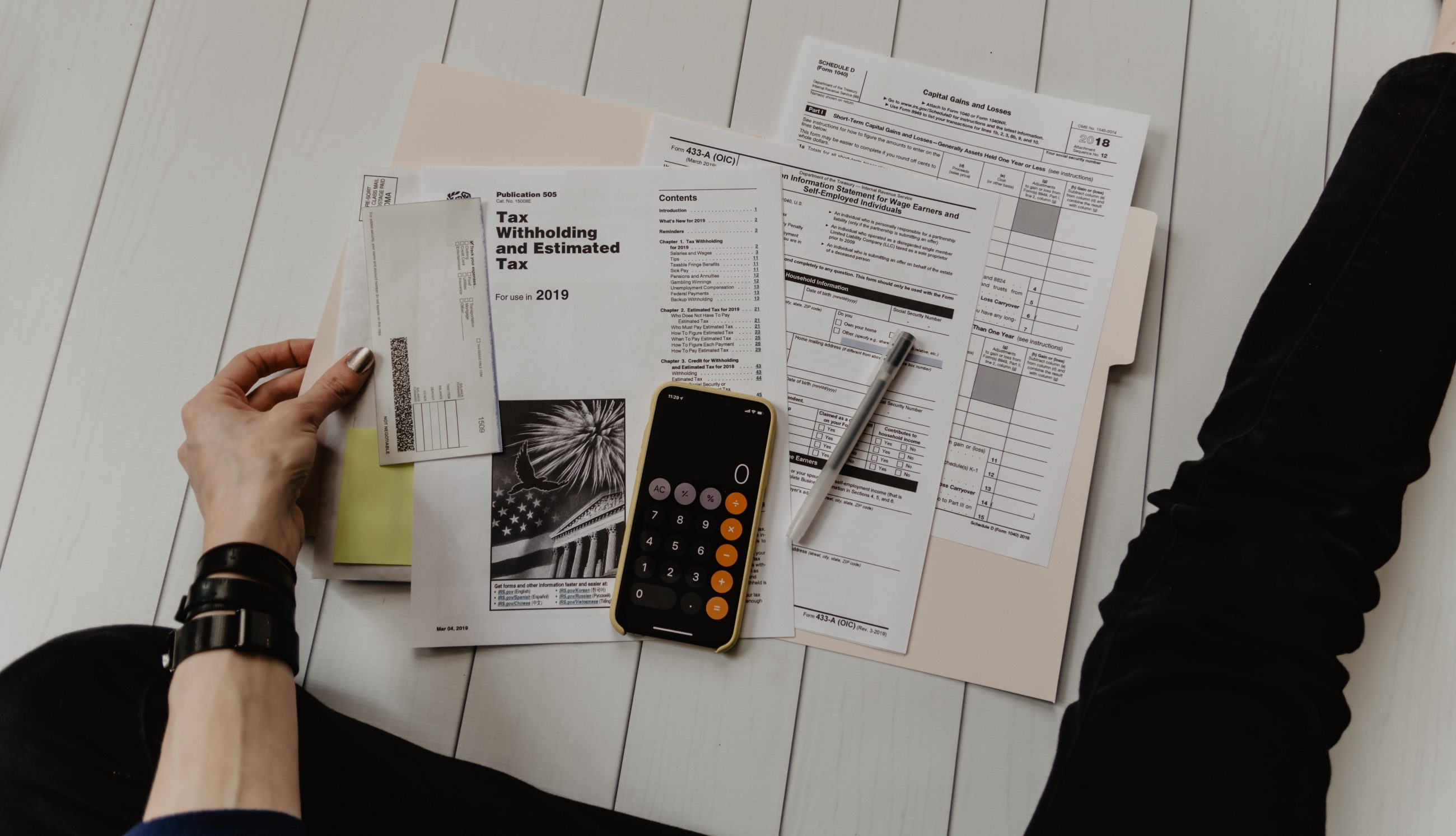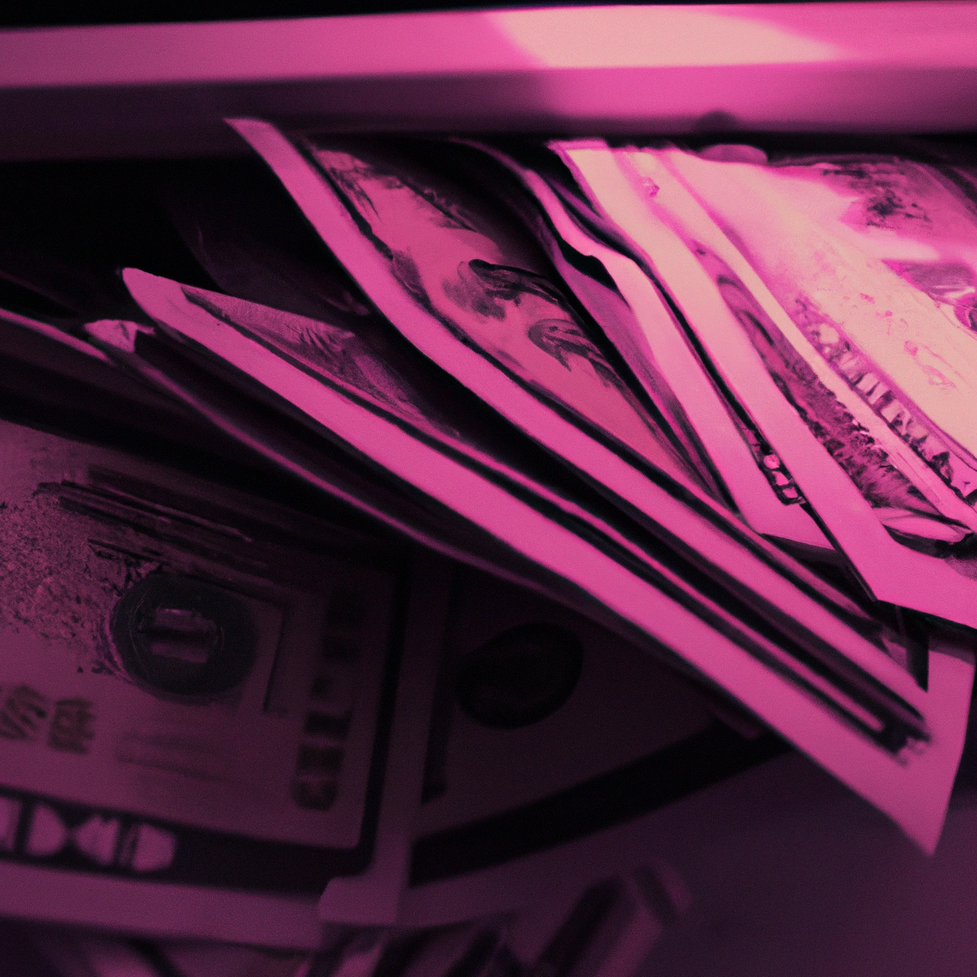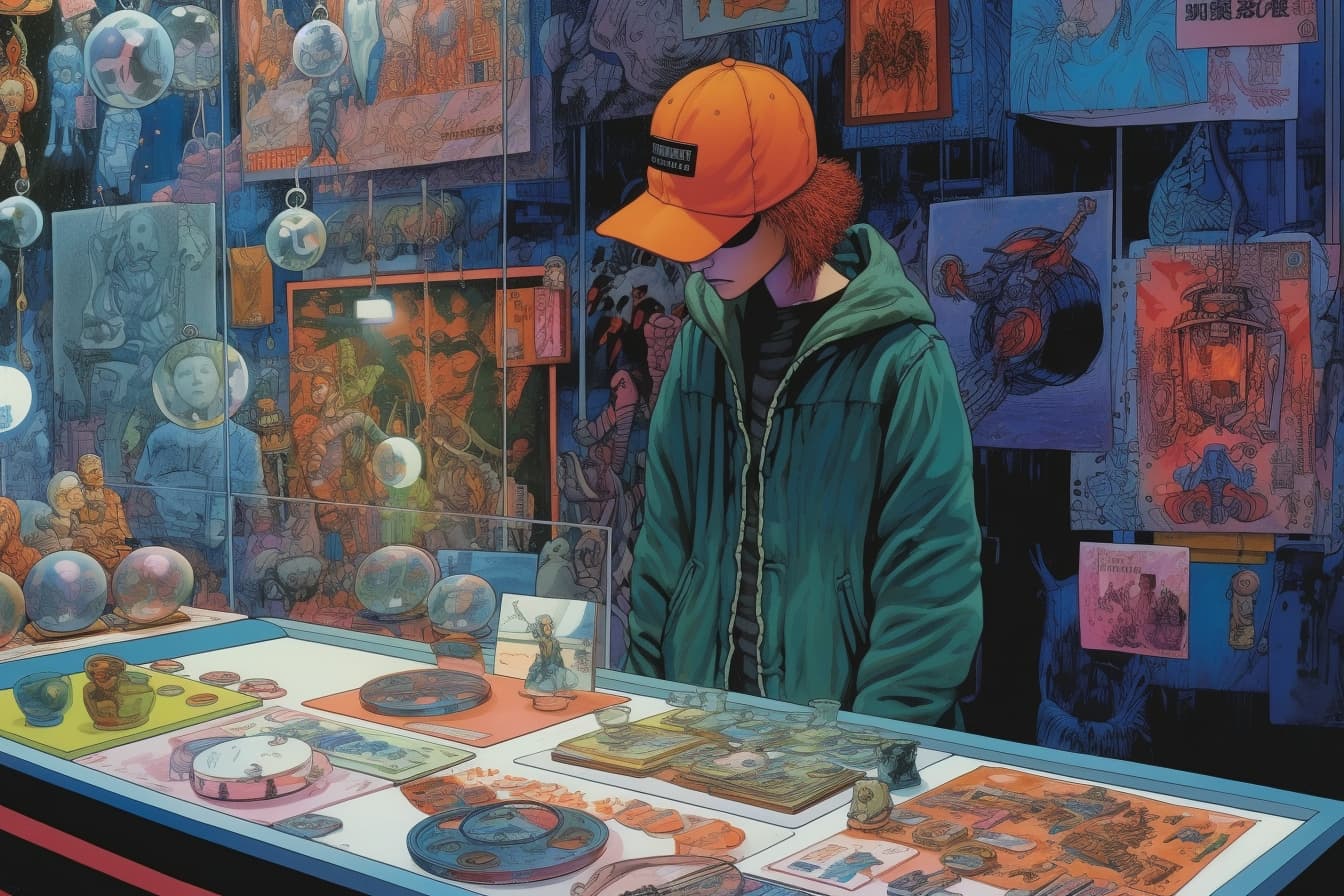What Is Royalty Accounting?: A Simple Guide For Musicians
Last Updated: 27 Oct 2023
If you want to be paid for your music and get a profit and loss breakdown, you need to do royalty accounting, which is mostly applicable when you’re with a label. In an ideal world, it should be quite a simple and transparent process: once or twice a year, your label works out how much they spent, how much they made, and what they owe you. Then, they send all this information over to you for transparency’s sake. But is it always as straightforward as it should be?

Table of Contents
What is royalty accounting?: The basics
Turns out that, when it comes to royalties, actual dollars and cents, and the music industry, things are not as straightforward as they should be. Firstly, royalty accounting usually takes place twice a year (usually June & December) or just annually (when they feel like it).
Contracts usually state that the label has 90 days after the books have been completed to issue a statement. Standard payment terms are often 30 days from the receipt of the invoice – meaning there’s usually a significant delay between when the label does its calculations and when you actually receive any money.
Secondly, label statements may not be as accessible as you’d like them to be. They either overwhelm the artist by providing an ultra-detailed breakdown of the royalties. Else, they can be frustratingly useless or more worryingly, downright dodgy.
In the case of physical products, such as vinyl records and CDs, labels automatically deduct a percentage of the royalties to cover assumed vinyl “breakages.” If not properly accounted for, this would technically mean that the label is ripping off the artist.
In addition, there’s often a whole chain of players in the physical distribution system. If label partners report late or their report is unclear, this has a knock-on effect on your statement. Different territories may report at different times, in different formats or currencies. Technically, you have the right to review a royalty accounting statement, but note that this will be at your expense.
When it comes to the digital music economy, things are (kind of) simpler, as you’re not dealing with a physical product that could be damaged along the way. However, when it comes to royalties, streaming is another world altogether.
Digital streaming platforms pay artists on a “pro-rata” – which means paid users’ monthly subscription fees generate a total amount, and then artists are paid in proportion to all listening times. Around 70% of the artist’s streaming money goes back to the label. The record label usually takes a cut of the sales, and then pays the artist.
The better news is that if you’re with an indie label and have a good relationship with the label heads and staff, statements tend to be much simpler and clearer. This is mostly due to the fact that the deal you signed with them is probably much simpler than major label deals.
In addition, it’s much easier to talk to someone personally and discuss statements when dealing with a small team as opposed to a multinational company. If you’re a fully independent artist, there is no middle person between you and the royalties you’re owed. However, this means you’ll have to go through the data provided by your distributors and streaming partners and sort out the royalty accounting information by yourself.

Final notes
The journey to becoming a professional artist can feel like a constant balancing act. In addition to taking care of all the creative elements, you also need to sort out the behind-the-scenes and business aspects. Therefore, adding a professional accountant to sort out your royalty accounting is a wise move as they can help you navigate the financial complexities of the music industry. Plus, you can rest assured that you’re ultimately getting the money you’re actually owed!
Janelle Borg
Janelle knows a thing or two about the music industry. Having been involved in the industry since the age of 13, she's now involved in a variety of music-related projects and is always keen to share industry tips 'n' tricks with fellow musicians.
Behind The Scenes With…Megan Black
Scottish artist Megan Black fuses 70's blues rock with queer feminist pop, layered with socially-cha
Music Event Planning Checklist: The Ultimate Guide To A Successful Event
This A to Z music event planning checklist helps event planners and music promoters cover all bases
7 Innovative Ways Artists Can Monetise Their Fanbase
From exclusive content to brand partnerships and virtual concerts, explore how artists engage their






